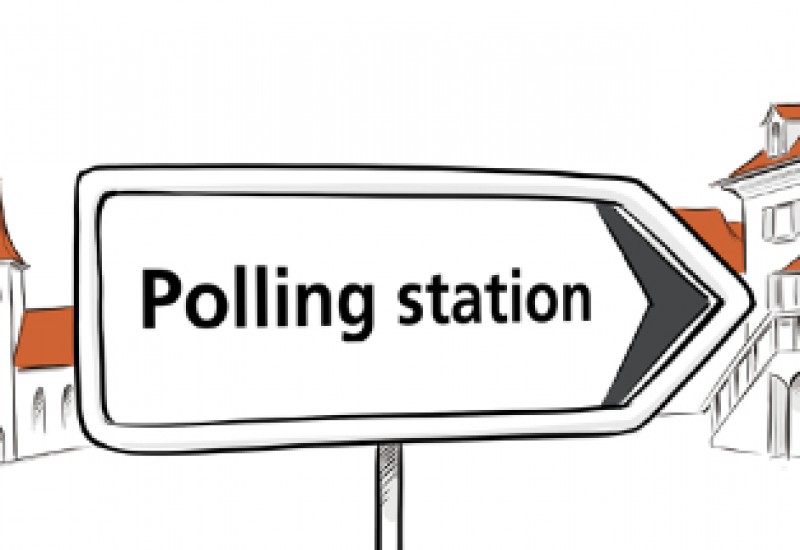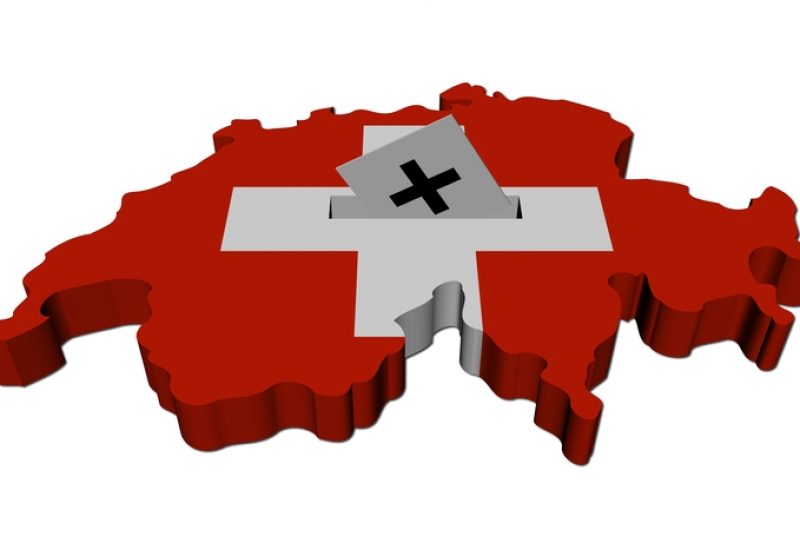- February 10, 2020
- 2:19 pm
- Constitutional Change
by Prof. Markus Kern / Fabian Schmid, University of Bern
On February 9, 2020, two proposals were up for decision by the Swiss electorate:
– the Popular Initiative claiming “more affordable homes” as well as
– a referendum concerning a ban on discrimination based on sexual orientation in criminal law
The Popular Initiative was rejected by 57.1% of the Swiss population and by all but 4½ of the cantons, whereas the amendment of criminal law was clearly accepted by a majority of 63.1% of the voters. Electoral turnout was at 41.7% resp. 40.9%.









